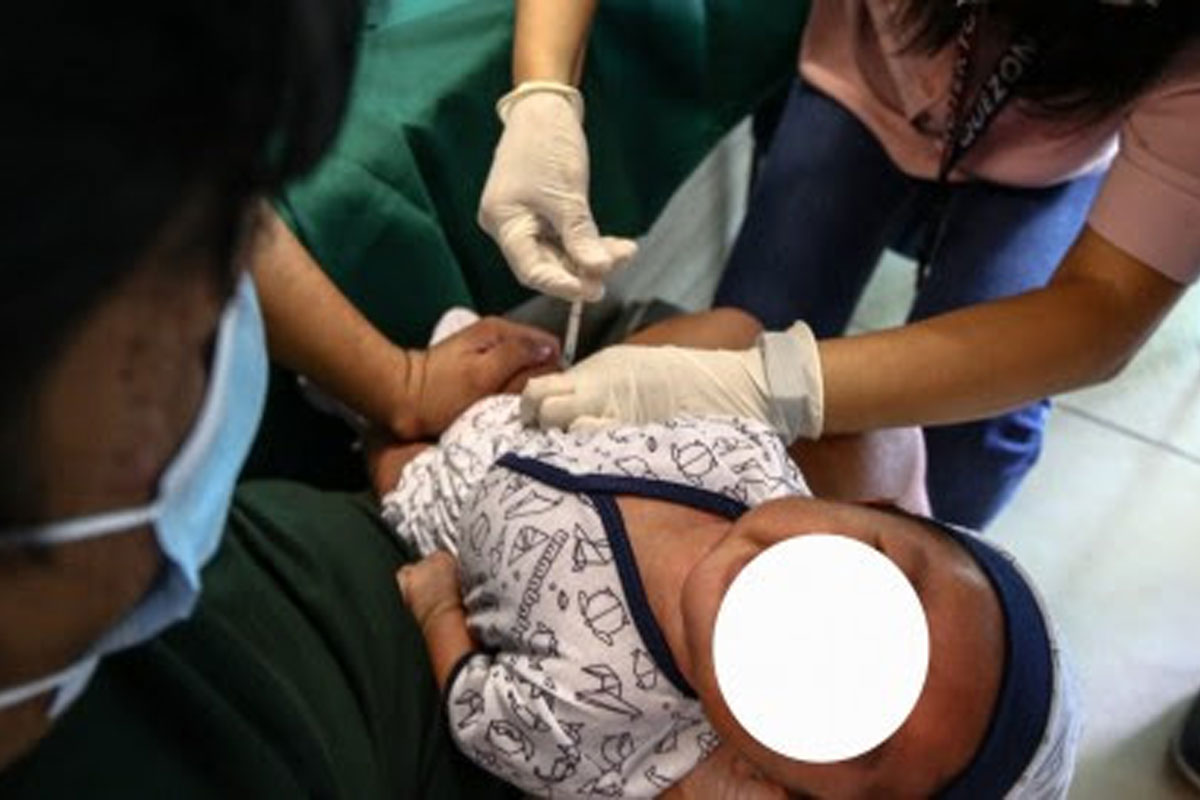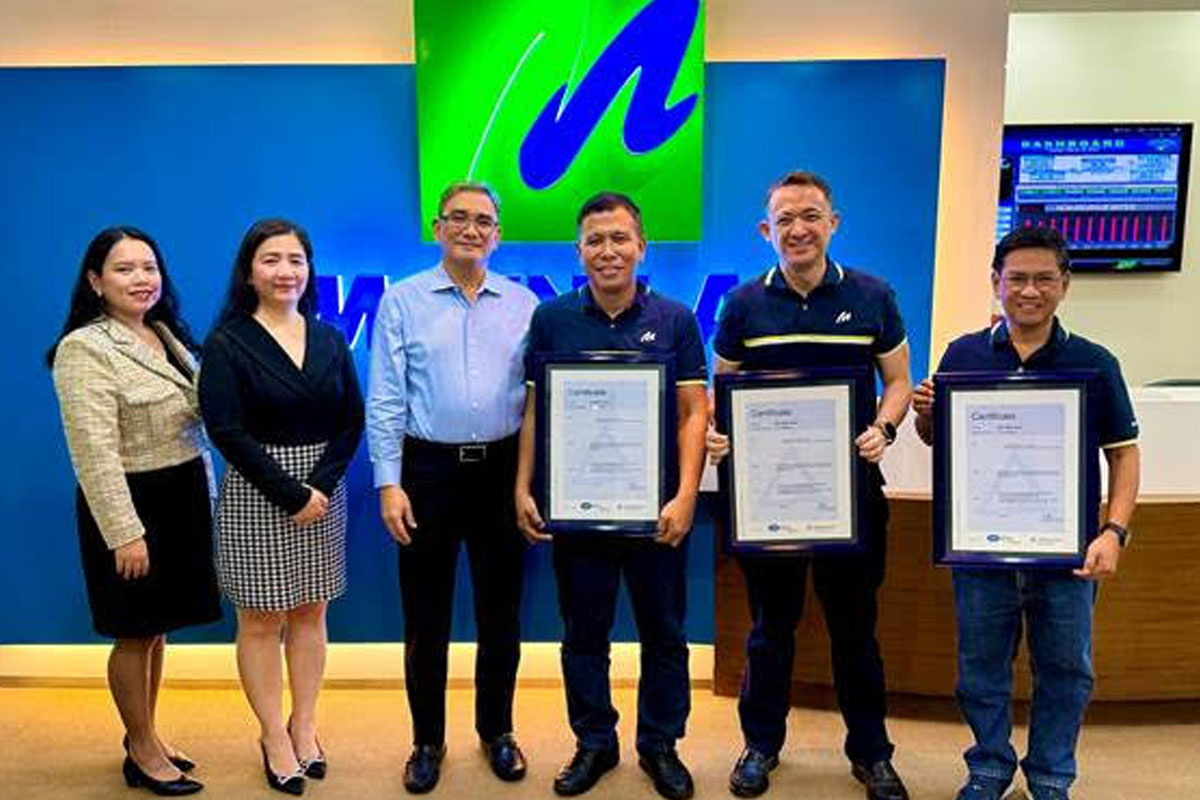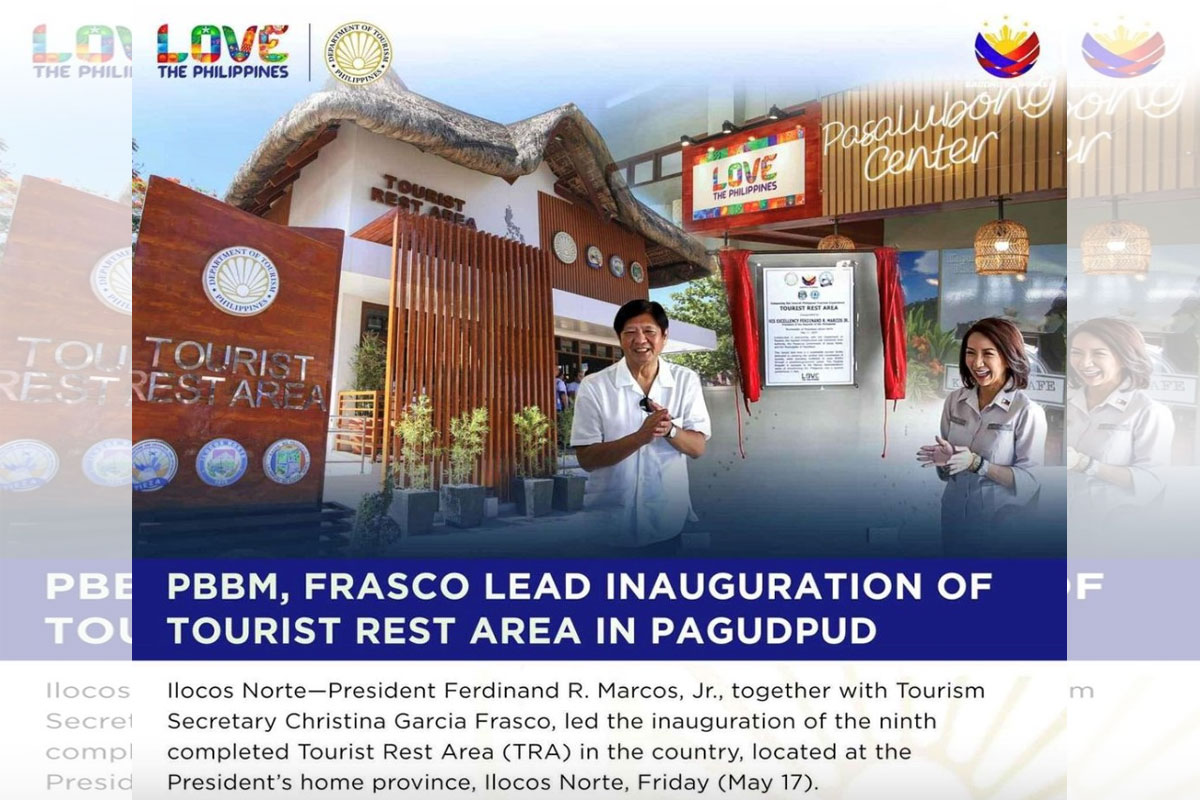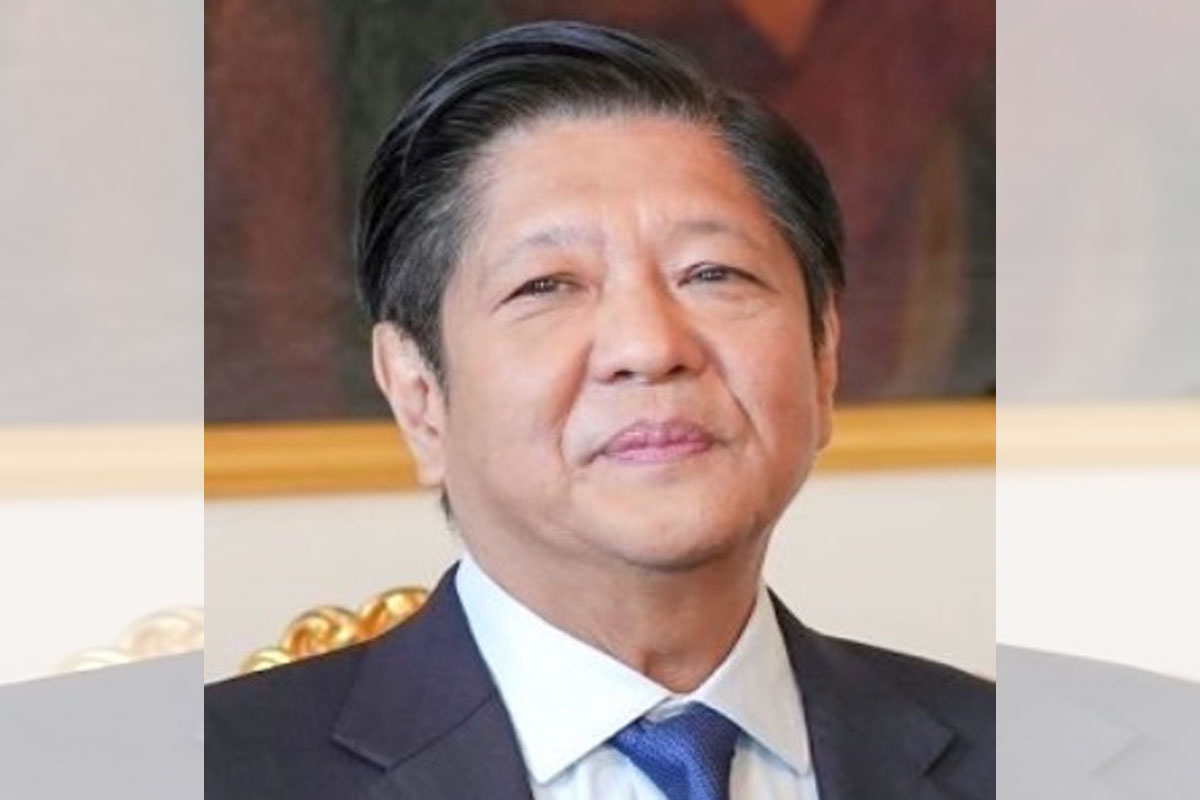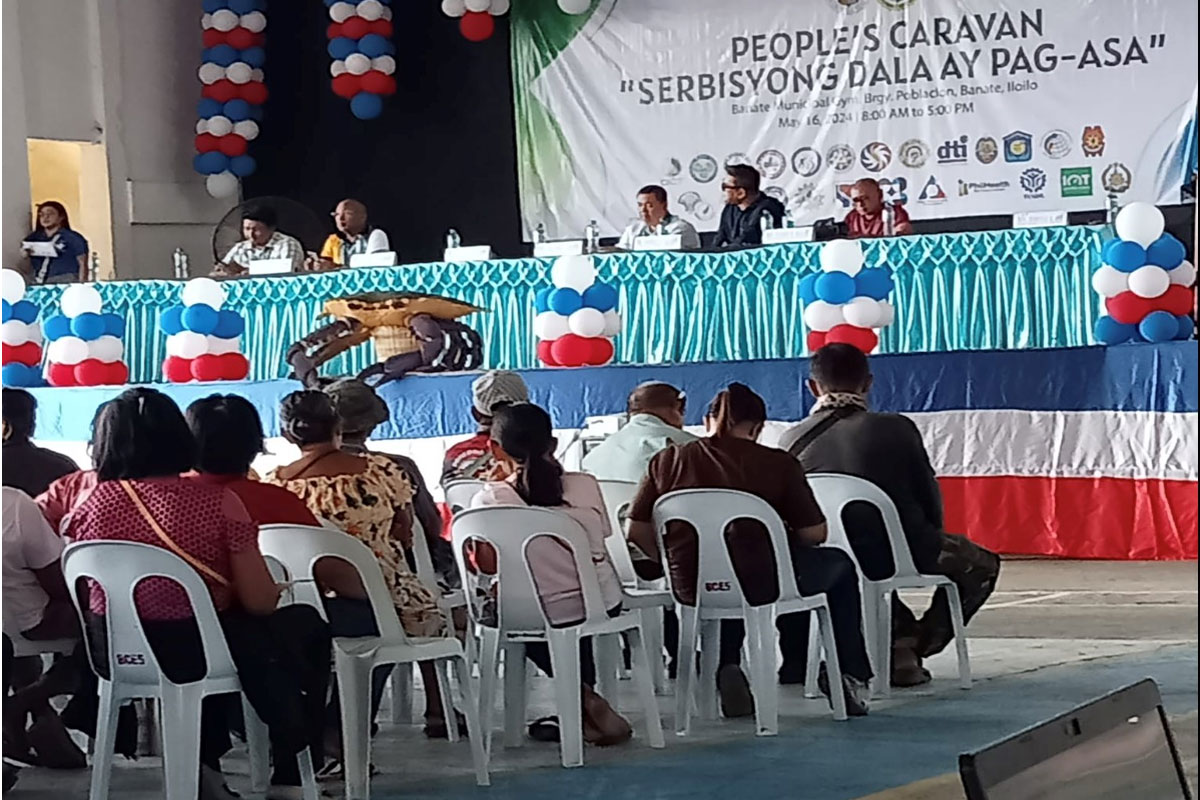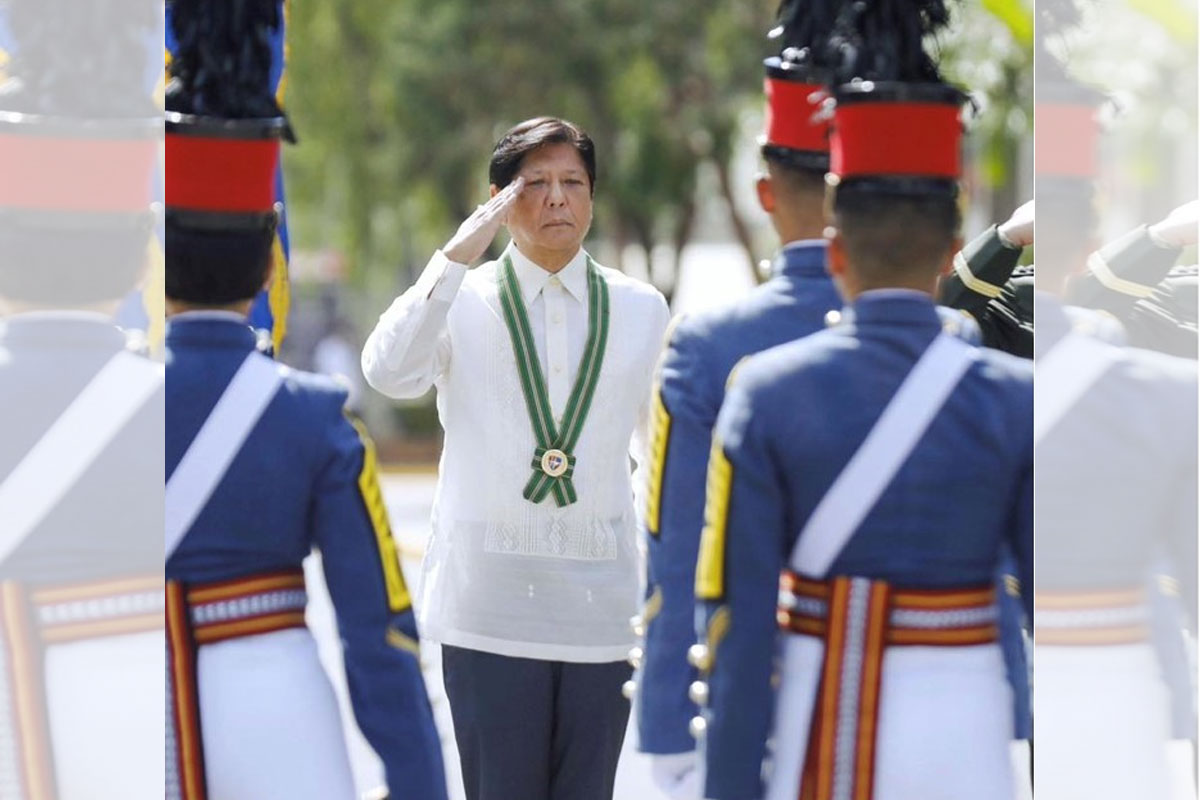
No food autonomy if incentives go to imported items–exec
FOOD autonomy, especially for staple commodities, cannot be achieved if incentives and encouragements continue to be given on imported items.
This was stressed by Danilo Fausto, president of the Philippine Chambers of Agri & Food Inc. (PCAFI), during a general membership meeting attended by Agriculture Undersecretary Deogracias Victor Savellano, other government officials and several agribusiness entrepreneurs.
Fausto emphasized that providing cheap food for consumers and fighting inflation through imports is a short-term solution.
“Producing our own food requirements, although a much longer process, will be more sustainable for our people,” Fausto said.
He disclosed that based on the data of the Philippine Statistics Authority (PSA), for the past 10 years the agriculture sector has been growing at an average of 0.8% annually compared to the growth of the Philippine population of 1.5-1.6%.
He added unless the country’s food production exceeds the population growth, there will always be a short supply of food.
“Our basic dilemma points to our government. As long as our government has been giving incentives to imports, we can never encourage people to increase production.
Most of the time we will notice that gains from lowered tariffs to bring down prices are not passed on to consumers but pocketed by traders,” Fausto averred.
“Our economic managers and premier economists justify increased imports in order to feed the greater good. For them, slaughtering the farmers for the benefit of feeding 110 million of our population is a better choice,” Fausto said.
However, he added, out of the 47.35 million employed Filipinos in January 2023, the PSA said that 22.2% were in agriculture (87.3 percent in agriculture and forestry and 12.7 percent in fishing and aquaculture).
“With a family of five members, we have around 52.56 million Filipinos dependent on agriculture targeted for slaughter by these so-called economists.
They are forgetting that this sector are also consumers and the ones in need of lower food prices and not those citizens that live in Metro Manila or urban centers,” Fausto claimed.
He said even if the government will succeed in lowering prices by removing tariffs and encouraging imports, where can these poor sectors get the money to buy if their source of income has been eliminated.
Fausto averred that the Philippine industry leaders hailed the recommendation of these economists and even published a position paper to lower import tariffs.
“It was a good thing that our President disobeyed the recommendations of his economic managers in order to help our farmers and pursue the development of our agriculture sector.
Last Wednesday, he lifted the price control of rice. We thank you Mr. President (Ferdinand Marcos, lll),” Fausto said.
“The principles of supply and demand work well in a perfect economic condition.
But with the environment facing the international markets, climate change and geo-political conditions, we should be prudent enough and think that our basic staple should not be relegated to outsiders,” he added.






